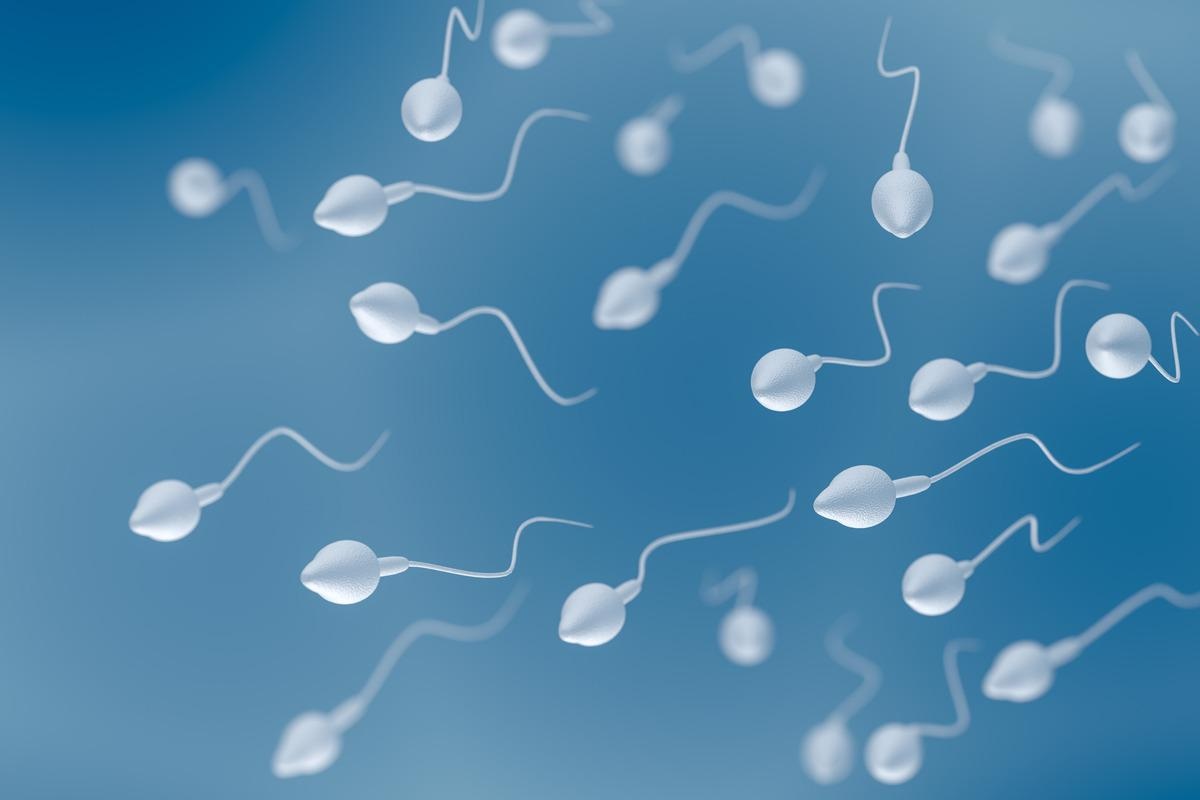Scientists from Italy have recently analyzed the effect of the mRNA-based coronavirus disease 2019 (COVID-19) vaccine on the semen quality of adult men. No significant difference in sperm quality and seminal plasma parameters (oxidative stress, inflammation, and electrolyte level) has been observed after vaccination. The study has been published in the journal Andrology.
 Study: 4BNT162b2 mRNA Covid-19 Vaccine and semen: what do we know? Image Credit: vchal/Shutterstock
Study: 4BNT162b2 mRNA Covid-19 Vaccine and semen: what do we know? Image Credit: vchal/Shutterstock
Background
Severe acute respiratory syndrome coronavirus 2 (SARS-CoV-2), the causative pathogen of the COVID-19 pandemic, is a deadly member of the human Betacoronavirus family. The virus is known to induce a wide variety of symptoms in infected persons, ranging from mild respiratory symptoms to severe pneumonia, respiratory failure, and death. Apart from infecting the respiratory tract, the virus can potentially impair the functions of other organs, including the heart, liver, gastrointestinal tract, kidney, and brain.
A handful of studies have indicated that people infected with SARS-CoV-2 may develop testicular abnormalities, including structural alteration in testicular cells, loss of integrity of the basement membrane and seminiferous tubules, and infiltration of proinflammatory mediators. However, no comprehensive data is currently available to understand the impact of COVID-19 vaccines on reproductive functions.
In the current study, the scientists have assessed the effects of mRNA-based COVID-19 vaccine BNT162b2 (Pfizer/BioNTech) on human semen.
Study design
The study was conducted on a total of 47 adult men who had received the two-dose regimen of Pfizer vaccine between February and July 2021. The semen samples were collected from the participants before the administration of the first vaccine dose and 70 days after the second dose.
All semen samples were analyzed to measure sperm concentration, motility, and morphology. In addition, the concentrations of reactive oxygen metabolites, electrolytes, and interleukin 6 (IL-6) were determined using seminal plasma samples.
Important observations
Among all enrolled participants, 10% reported smoking moderately, and 38% reported consuming alcohol socially. None of the participants reported systemic side effects, such as fever, allergy, or lymph node swelling.
No significant changes in semen volume, sperm concentration, motility, and morphology were observed among participants after COVID-19 vaccination compared to before vaccination.
A separate set of experiments was conducted on male participants who presented with low sperm count or reduced sperm motility. In these participants, no significant differences in sperm parameters were observed after vaccination. However, the sperm parameters showed an improving trend in these participants.
Alike sperm parameters, no significant changes in electrolytes (calcium, chlorine, potassium, magnesium, and sodium), reactive oxygen metabolites, and IL-6 levels were observed among participants after vaccination.
Furthermore, no significant correlations were observed between tested sperm parameters and electrolytes and reactive oxygen metabolites, and IL-6.
Study significance
The study findings reveal that the mRNA-based COVID-19 vaccine (Pfizer) does not have any negative impact on sperm quality. Moreover, the vaccine does not alter the levels of electrolytes (an indicator of good cell membrane activity), reactive oxygen metabolites (an indication of oxidative stress), and IL-6 (an indicator of inflammation).
Overall, the study highlights that the COVID-19 vaccine is safe for use among men. However, the study includes only a small number of men with poor sperm quality who are highly susceptible to deteriorating sperm parameters. Moreover, since the study participants belong to a specific population, the findings cannot be generalized to the global population.